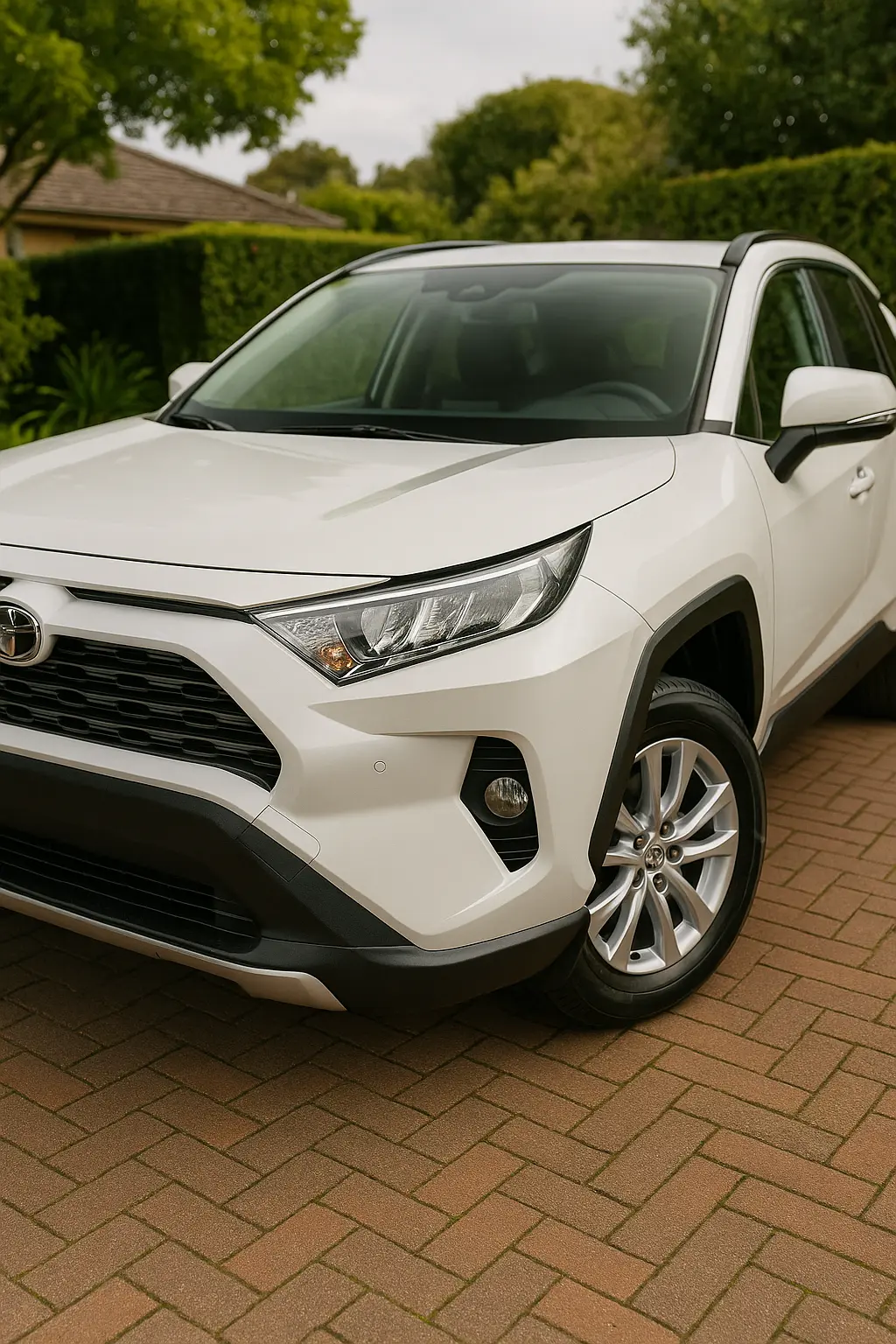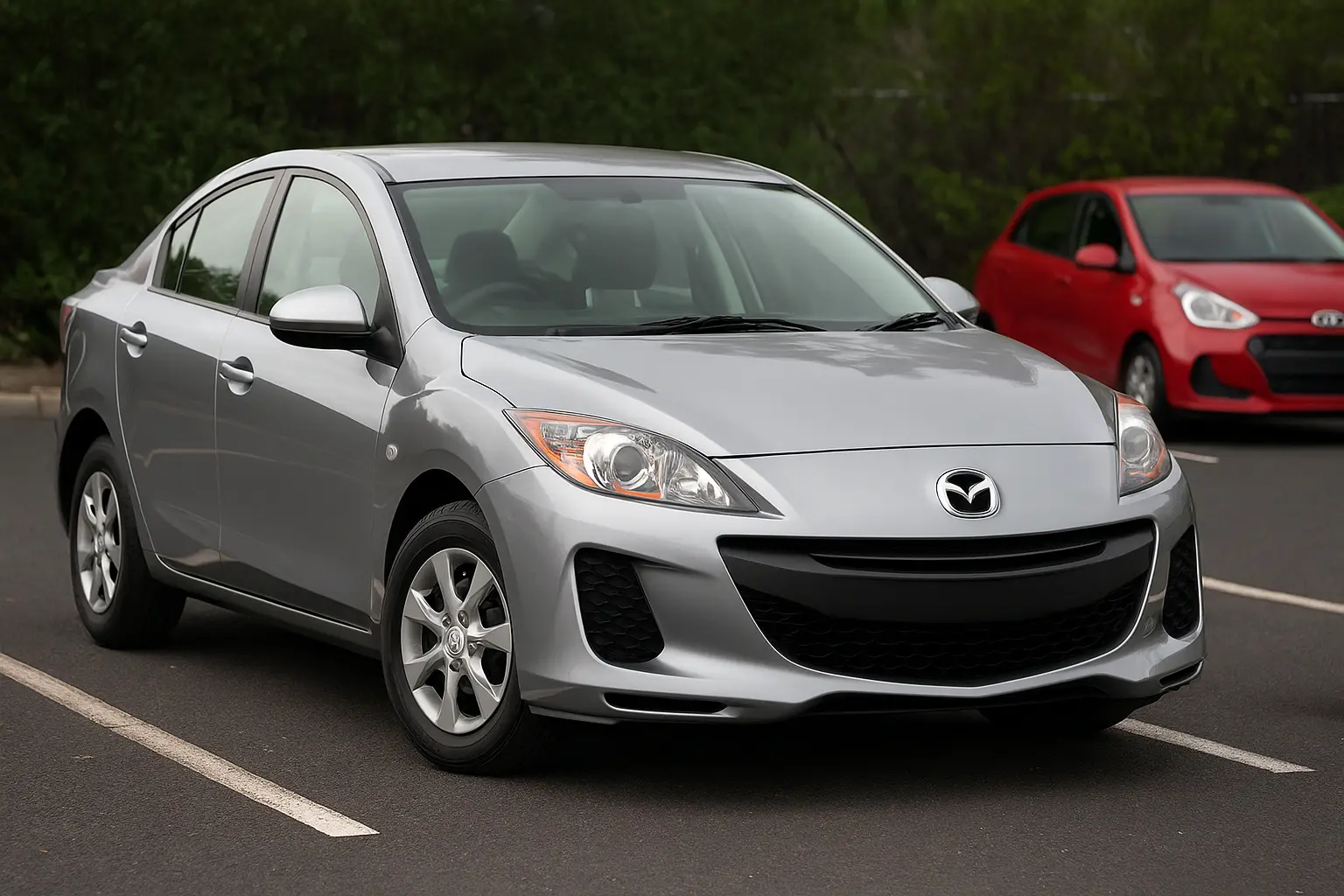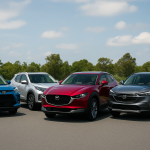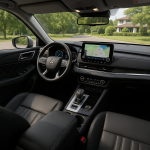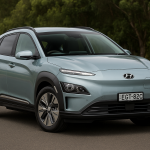Car ownership in Australia comes with obvious costs like fuel, insurance, and servicing, but one of the most significant—and often overlooked—costs is depreciation. Depreciation is the reduction in your car’s value over time, and for most vehicles, it accounts for the largest single expense of ownership.
According to automotive industry estimates, a new car can lose up to 40% of its value in the first three years. For Australians, where cars are both a lifestyle necessity and a major financial investment, understanding depreciation is essential. Whether you’re purchasing a budget hatchback, a luxury SUV, or an electric vehicle, knowing how depreciation works will help you make smarter choices and preserve more value when it’s time to sell.
This comprehensive guide breaks down how depreciation works in Australia, what factors influence it, and how you can maximise your car’s resale value.
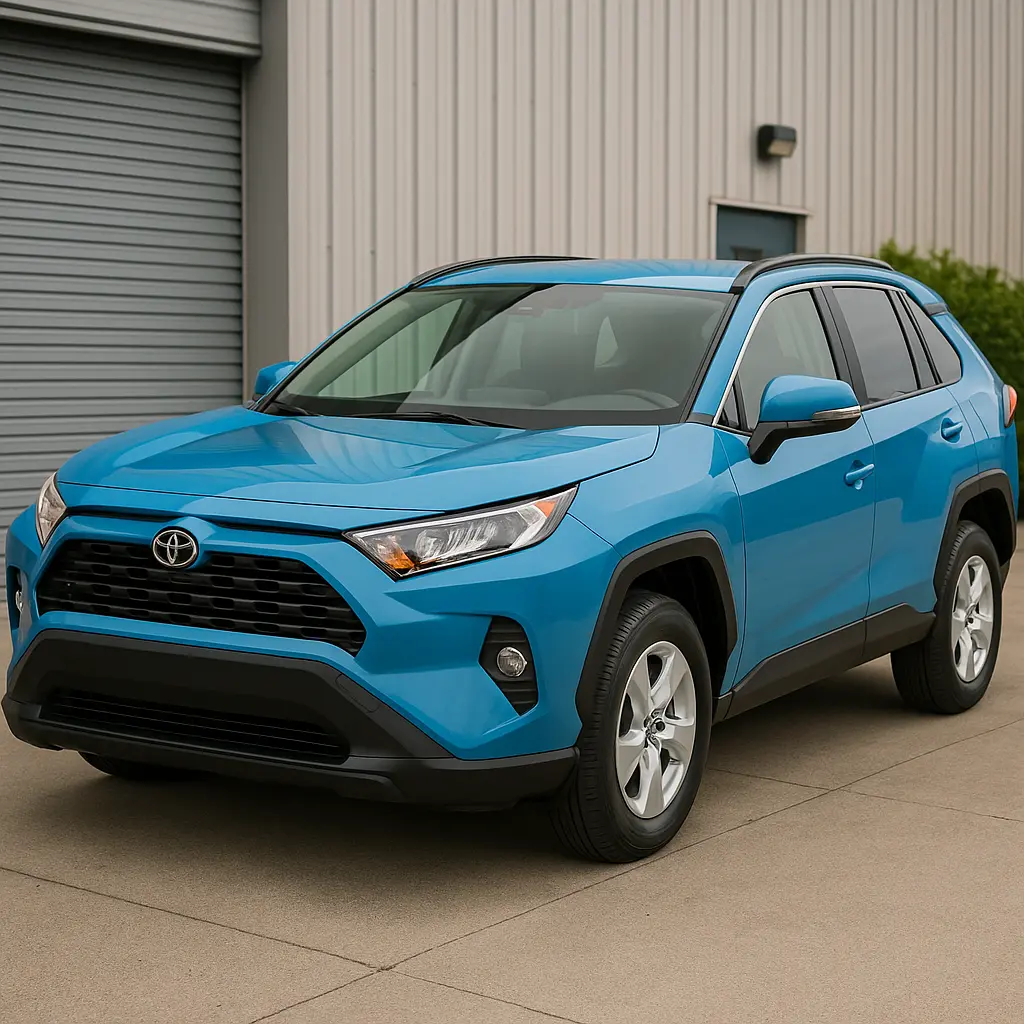
Understanding Car Depreciation in Australia
Car depreciation refers to the difference between what you paid for your vehicle and what it’s worth at resale or trade-in. In simple terms, it’s how much your car’s value decreases over time.
Unlike fixed costs such as registration or servicing, depreciation is variable and depends on factors such as brand reputation, market demand, mileage, and condition.
Typical Depreciation Rates
- Year 1: Cars can lose 15–25% of their value within the first year of ownership.
- Years 2–3: The steepest decline continues, with up to 40% of the car’s value gone by the end of year three.
- Years 4–5: Depreciation slows, dropping around 10–15% annually.
- Beyond Year 5: The car’s value stabilises somewhat, with depreciation occurring more gradually, depending on demand and condition.
Key Factors Affecting Car Depreciation in Australia
Several elements determine how quickly your car loses value in the Australian market.
Make and Model Reputation
Cars from brands known for reliability, like Toyota, Mazda, and Subaru, tend to hold their value better than those with higher repair costs or limited brand trust. For example, a Toyota Corolla consistently tops lists for best resale value.
Vehicle Segment and Body Style
SUVs dominate the Australian car market, making them more desirable and therefore less prone to rapid depreciation. In contrast, large sedans, once popular, now depreciate faster due to declining demand.
Fuel Type and Powertrain
- Petrol Cars: Still the mainstream choice, but future depreciation could rise as EV adoption accelerates.
- Diesel Cars: Once popular for towing and long distances, diesel models are depreciating faster due to environmental concerns and rising taxes.
- Hybrid and Electric Cars: Initially struggled with resale but are now gaining traction as demand for fuel-efficient and eco-friendly cars grows. Battery health, range, and warranty play major roles here.
Mileage
Australians drive an average of 12,000–15,000 km per year. Cars with mileage significantly higher than this average will depreciate faster, as buyers associate higher kilometres with more wear and tear.
Vehicle Age and Condition
Cosmetic and mechanical condition directly affect resale. A well-maintained vehicle with a documented service history sells for more than one with dents, scratches, or missing logbooks.
Popularity and Demand
Some models have cult followings or consistent demand that keeps prices high, like Toyota LandCruisers or utes like the Ford Ranger and Toyota Hilux. In contrast, niche vehicles and low-demand models often plummet in value.
Economic Conditions
Inflation, fuel prices, and interest rates can all influence depreciation. For example, during the COVID-19 pandemic, used car values surged due to supply shortages.
How Different Car Types Depreciate
Hatchbacks
Budget-friendly and popular among students and city drivers, hatchbacks like the Mazda 3 and Hyundai i30 hold their value well due to strong demand in the used market.
Sedans
Once the staple Australian family car, sedans now face steep depreciation as buyers shift towards SUVs and utes. Exceptions exist in the luxury and performance sedan segment (e.g., BMW 3 Series, Tesla Model 3).
SUVs
The most in-demand category, SUVs like the Toyota RAV4 or Subaru Forester enjoy slower depreciation because of their widespread appeal.
Utes and 4x4s
Australia’s love for utes ensures strong resale values for models like the Toyota Hilux and Ford Ranger. 4x4s suited for off-roading also retain value well, especially in rural markets.
Luxury Cars
Luxury models depreciate the fastest, as high upfront costs and expensive maintenance deter second-hand buyers. Exceptions include rare or iconic models, which may even appreciate over time.
Electric Vehicles
EVs like the Tesla Model 3 and BYD Seal are increasingly holding their value as charging infrastructure improves and fuel prices rise. Battery warranty and range are key determinants of resale.
Strategies to Maximise Your Car’s Value in Australia
Car depreciation may be inevitable, but you can take steps to slow the decline and protect your investment.
Choose the Right Car from the Start
- Opt for brands with strong reputations for reliability.
- Research resale value history before purchase.
- Select popular body styles like SUVs or utes for higher demand.
Maintain a Full Service History
A stamped logbook from an authorised dealer or qualified mechanic significantly boosts resale confidence. Buyers in Australia are particularly wary of incomplete histories.
Keep the Kilometres in Check
Avoid excessive driving that pushes your vehicle above the national average. Consider carpooling or alternating between vehicles if you own more than one.
Protect the Exterior and Interior
- Regular washing and waxing protect paint from Australia’s harsh sun.
- Seat covers and floor mats preserve interior condition.
- Parking in shaded or covered areas reduces sun damage.
Limit Modifications
While modifications like suspension lifts or aftermarket exhausts may appeal to some buyers, they often limit resale appeal to a narrower audience. Stick with factory specs to maximise value.
Consider Extended Warranty and Insurance Options
- Extended warranties provide peace of mind for future buyers.
- GAP insurance can protect against unexpected depreciation if the car is written off.
Timing Your Sale
Selling at the right time can make a significant difference. For instance:
- Avoid selling when new model updates are released.
- Demand is higher before summer holidays for family SUVs and utes.
- EVs sell better when fuel prices spike.
Depreciation Trends Across Brands in Australia
- Toyota: Industry leader in value retention, particularly for models like the Corolla, Hilux, and LandCruiser.
- Mazda: Strong resale, with the Mazda CX-5 among the best-performing SUVs.
- Hyundai & Kia: Improved reliability and long warranties help retain value.
- Holden: Discontinued in 2020, but some models have cult status, influencing resale unpredictably.
- Tesla: EV leader with growing resale strength, though competition from BYD and Polestar may impact long-term value.
- European Brands: BMW, Audi, and Mercedes-Benz depreciate faster due to higher servicing costs and niche demand.
Tax and Finance Implications of Car Depreciation
In Australia, car depreciation isn’t just a consumer concern—it has tax implications for businesses and fleet owners.
- Depreciation for Businesses: Companies can claim car depreciation as a tax deduction, subject to Australian Taxation Office (ATO) guidelines.
- Instant Asset Write-Off: Small businesses may be able to deduct the full purchase price of eligible vehicles up to certain limits.
- Financing Considerations: Depreciation affects balloon payments and residual values in finance agreements. Understanding these terms is vital to avoid financial surprises.
The Future of Car Depreciation in Australia
With electrification, changing consumer trends, and government policy shifts, the landscape of depreciation is evolving.
- EVs and Hybrids: As battery technology improves and charging networks expand, EVs are expected to depreciate less rapidly.
- Fuel Taxes and Incentives: Policies aimed at reducing emissions may further disadvantage petrol and diesel cars, accelerating their depreciation.
- Autonomous Features: Cars with advanced driver assistance and safety tech may command higher resale values as buyers seek future-proof features.
Conclusion: Take Control of Depreciation
Car depreciation in Australia may be unavoidable, but it doesn’t have to drain your wallet. By choosing the right car, maintaining it carefully, and understanding market dynamics, you can significantly reduce depreciation’s impact and maximise resale value.
For Australian drivers, knowledge is power. When you buy smart and sell strategically, you can treat your car not just as a necessity, but as an asset that retains more of its worth.
Leave a comment
Your email address will not be published. Required fields are marked *


